Sometimes, one bad decision is all it takes to turn things completely upside down. While that is true in one’s personal life, too, it’s often the case with businesses, where one bad call can bring all processes to a halt.
Members of the ‘Ask Reddit’ community have discussed such terrible decisions, after one netizen asked about what made successful businesses take a big hit or even go under. Netizens covered a bunch of different examples, pointing out exactly what led to the fall of the enterprises, so if you’re curious to learn more about the whys and hows, scroll down to find their stories on the list below.
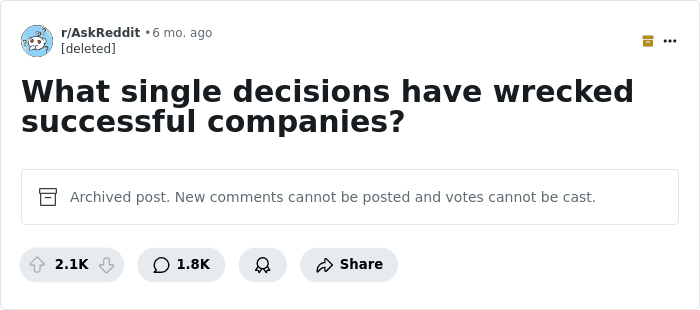
#1

MTV stopped playing music.
#2
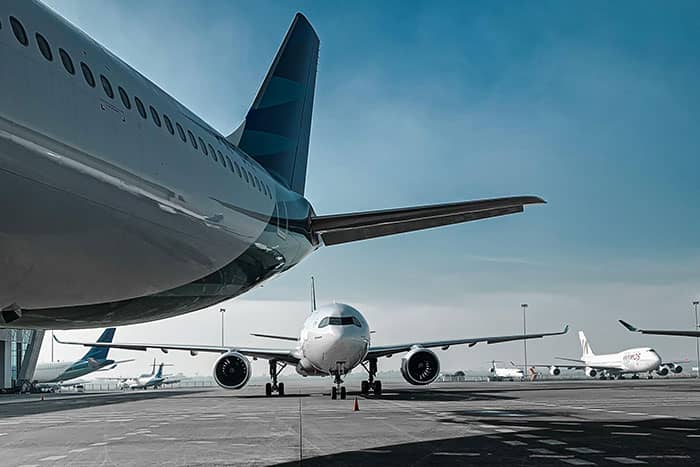
Look at every single decision the Boeing executives have made over the past 5 years lol.
#3
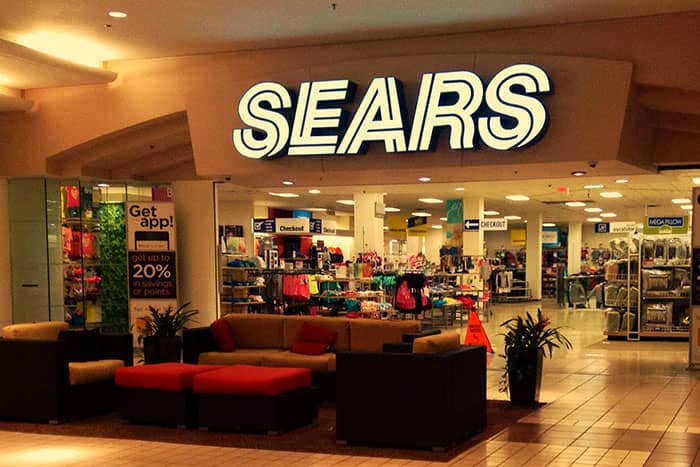
Sears discontinuing their catalog in the early 90s but not entering online sales until much later and long after Amazon took over what they gave up.
#4
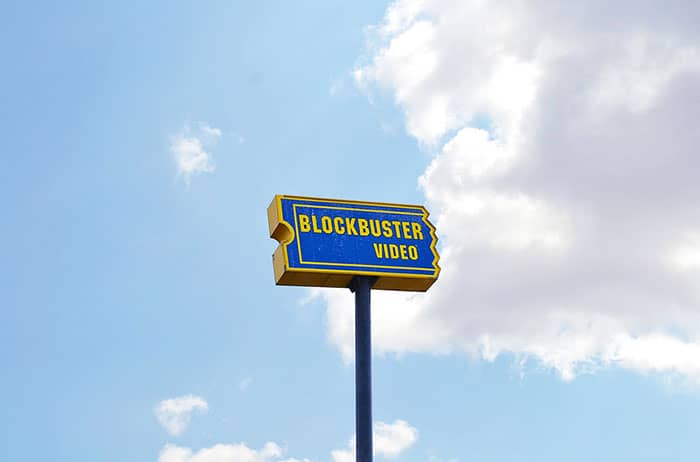
Blockbuster’s decision not to pursue streaming services.
#5

Haven’t seen it yet but GE making Jack Welch CEO. GE was one of the gold star companies of the US, EVERYBODY wanted to work at GE because you’d be set for life. They took care of their employees, made a ton of money, made good products, what more could you ask for? Then Jack Welch came in and started firing people left and right, eliminating product lines, getting into finance, worrying about the stock growth.
Fast forward to today where GE is now three separate companies: Healthcare, Energy, and Aviation. Jack Welch pretty much single handedly broke down a company that was started by Edison and made some of the greatest technological advancements in the last century. That man is the worst.
#6

BlackBerry for letting their arrogance think that Apple or Google couldn’t challenge their majority in the smartphone market. Also, ignoring creating a smartphone without a physical keypad until it was way too late.
#7
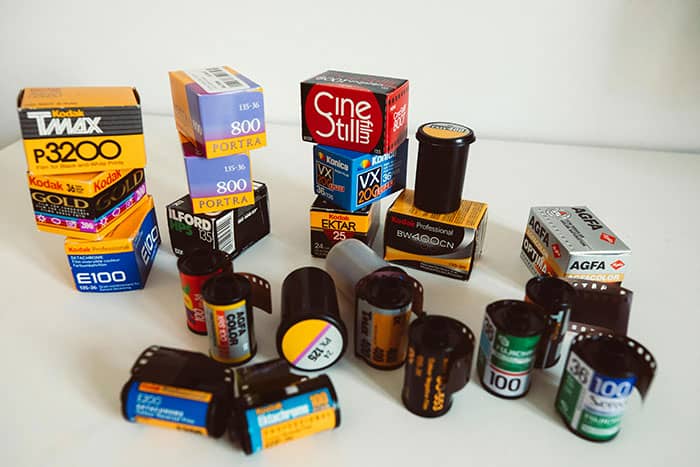
Two obvious cases come to mind:
1) Kodak (remember the film brand?) invented the digital camera in 1979 but did not pursue that line because they thought it would hurt film sales.
2) Blockbuster Video had an opportunity to merge with Netflix to manage online streaming content, but declined. Blockbuster was sure that video rental would never end.
#8

My Pillow dude comes to mind, mixing extreme politics with business.
#9
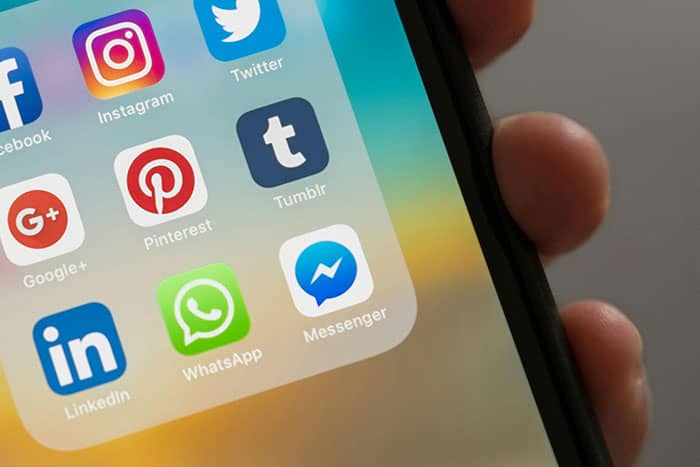
I still laugh about tumblr’s decision to ban all adult content on their website…which was like 95% of their active user base.
#10

“Our office is returning to in office 5 days a week to scare off talented introverts and attract psychopaths” -lots of companies with job posts today.
#11

Delivering ‘shareholder value’. Boeing, Intel, Blizzard and Ubisoft to name a few. Companies need to deliver value for their customers instead, the shares and dividends will follow.
#12

Gerald Ratner, CEO of The Ratner Group, operated a popular and successful jewelry business in the UK in the 1980s. He managed to sink his entire business enterprise in under ten seconds when he made a public TV appearance and joked that his company’s products were “total c**p”.
The value of his business dropped by about *half a billion pounds* in the immediate aftermath and almost went completely out of business.
#13

TVs in a quiet restaurant.
I can understand TVs in a sports bar, but for the love of spaghetti, leave them OUT of the restaurants!
I used to carry a [TV B Gone](https://www.tvbgone.com/cfe_tvbg_main.php) until people started getting wise and disabled the remote input.
At one restaurant, on a date, there was music and conversation, and the TV in the corner droned along as everyone tried to ignore it. Then one guy got up and unplugged it, and the whole restaurant clapped!
#14

Changing the recipe of Schlitz Beer to cheaper ingredients. In 1970 it was the #2 Beer in the country and by 2000 it was extinct.
#15
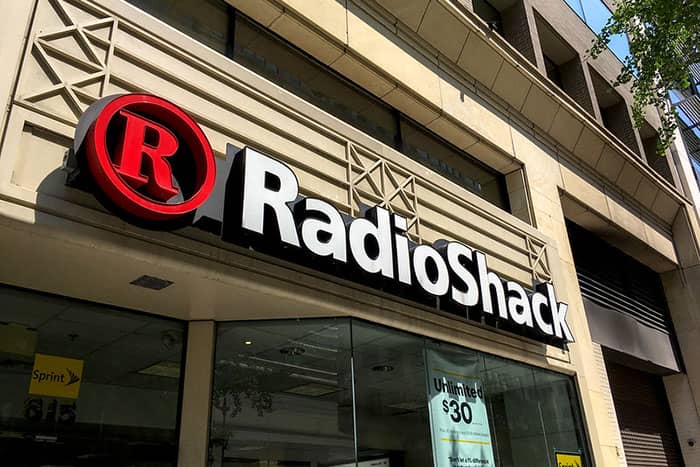
Radio Shack trying to compete with Best Buy in bigger ticket consumer electronics rather than sticking to what they did best.
#16

Nokia embarking with Windows for their smartphones
Microsoft ruining everything they touched in order to get cool: Skype, Skype for Business, Hotmail, IE6, OneDrive, aQuantive, Danger Inc., Band, Bing, Bob, Groove Music, Cortana Speakers, Zune and so many others.
#17
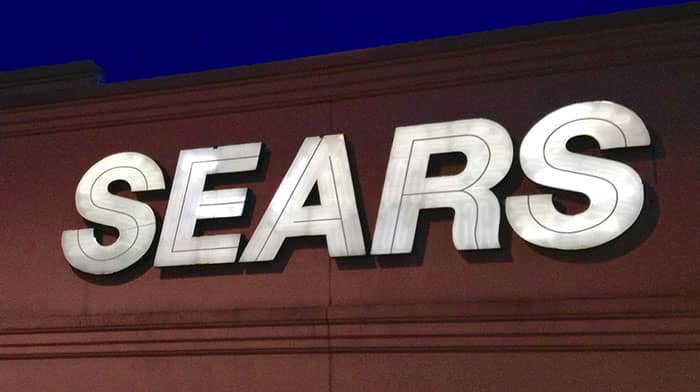
1) Sears saying they wouldn’t take Visa or Mastercard, only Discover. Never shopped there again.
#18

Susan G Komen hired Karen Handel after her failed bid for GA gov on an anti abortion platform. Karen convinced the founder that defunding Planned Parenthood mammograms would increase donations from the right.
They didn’t realize how many of their donors were not conservatives. Massive PR debacle and wave of donors asking for refunds.
So Komen said ‘oops, that was a bad move so we’re NOT defunding Planned Parenthood mammograms.
Conservatives then asked for donation refunds and non conservatives stayed away.
The nonprofit went from the most trusted name in charities to shuttering most of its local offices and reducing its revenue close to -60%.
#19
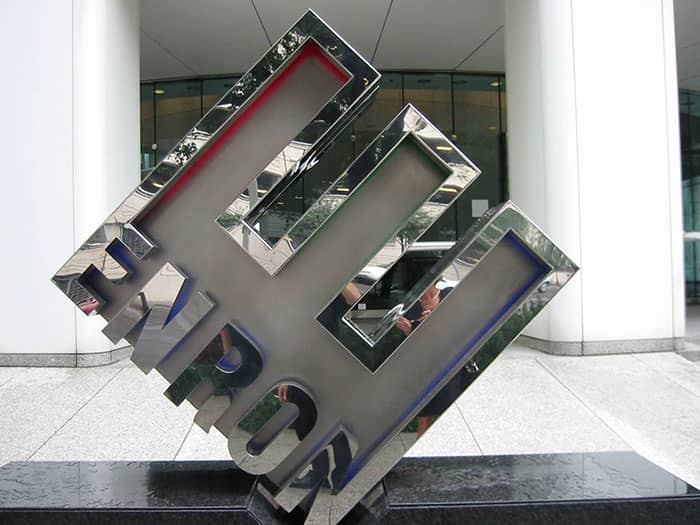
Enron commiting fraud on a massive scale. Granted, it’s also the only thing that made the company in the first place.
#20
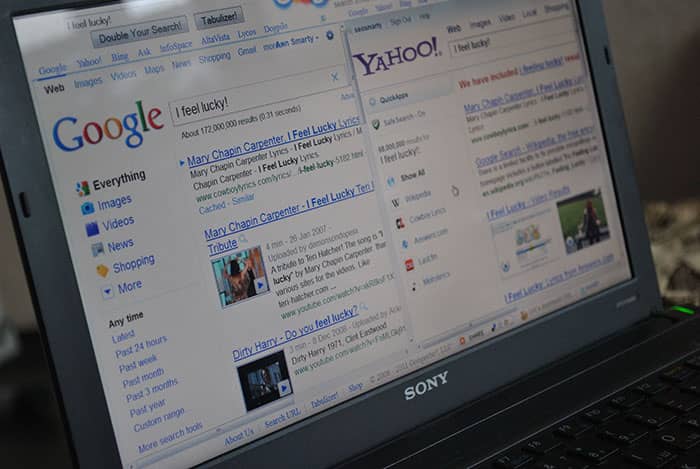
Yahoo had an opportunity to acquire Google for around $1M but decided not to. Since then, Yahoo, which was once a tech giant, saw a significant decline over the years and was acquired by Verizon in 2017 for about $4B. Fast forward to today, Google is now a powerhouse worth around $2T.
#21

Osborne Computer began showing off its next-generation computer when it wasn’t ready yet. Everyone canceled orders for the in-market model in anticipation of the new one, which tanked the company.
#22
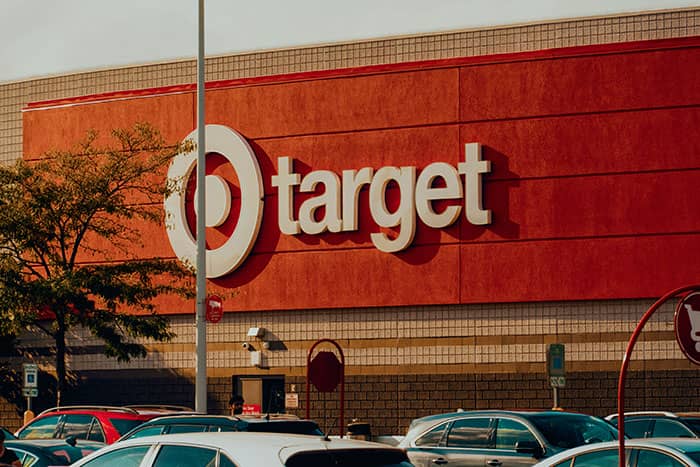
Target opening stores but not infrastructure in Canada and also doing no research on why Canadians shop at Target in the US.
#23
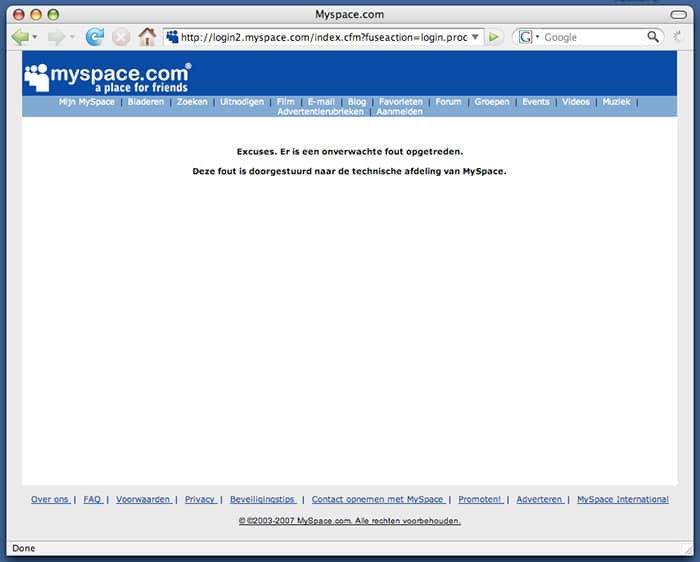
MySpace limited you to 10 photos that you had to rotate out after the limit.
Facebook let you upload unlimited photos in April 2005.
Immediately everyone I knew tried to get their college email address credentials so that they could sign up for the Facebook and post/see pictures after every party.
And then in October Facebook, to add insult to injury, let you tag people and that was the end of MySpace. Now not only was Facebook where photos from the party were posted but you would also be tagged so that created a viral incentive to connect to people and sign them up for the Facebook website which amplified the social network effect exponentially. (You don’t want people tagging you in photos that you don’t know about do you?! Better sign up and review those tags.)
MySpace was already beyond irritating by letting everybody play a different song in the Background causing you to want to rip your ears out of your head from 19 different Limp Biskit songs playing simultaneously but I think they could have survived long enough to disable auto-play music if they had simply not put a limit on photo count.
#24
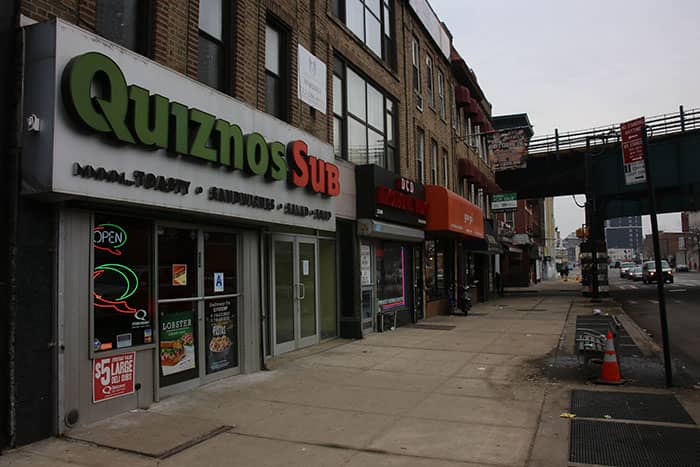
Maybe not *worst* decision but generally bad business is to give the consumer too many options. Like a sandwich place with 100 sandwiches on the menu. In reality, most of them are similar with one thing subbed for another. It’s confusing for consumers, servers and the kitchen, annoying for everyone, and it slows turnaround down driving down revenues.
#25
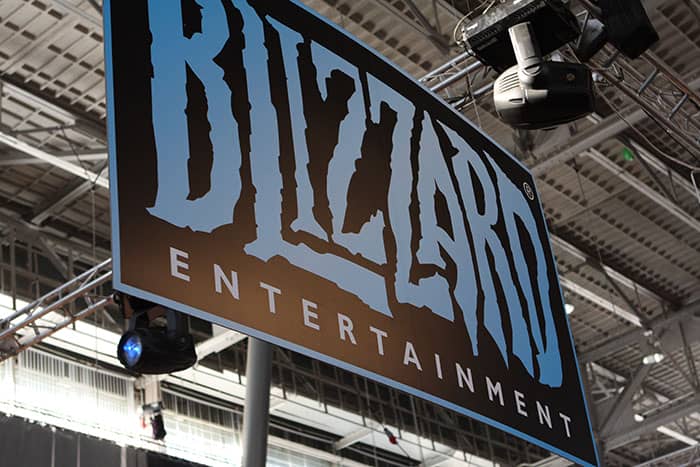
Blizzard deciding to make every game just a c***py platform for micro transactions without focusing on making a fun game.
They haven’t felt the full effect yet but after Diablo 4 and overwatch 2, I know a lot of people (including myself) who will never buy another Blizzard title. They rode on the coat tails of their early 2000s staff for as long as they could. (I know it’s Activision now).
#26
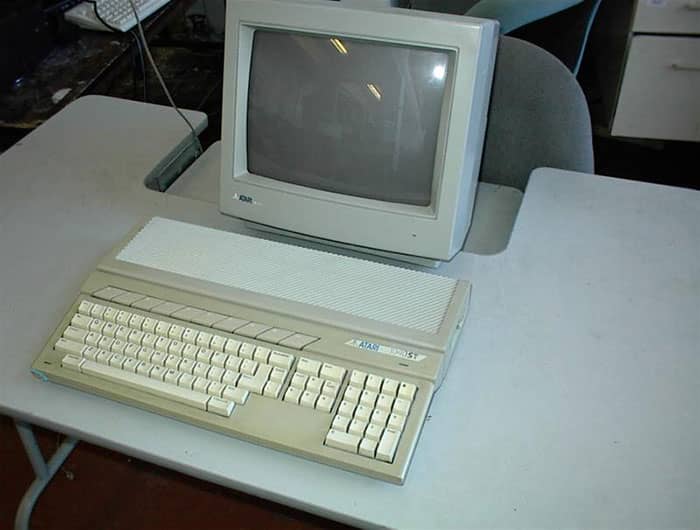
Atari delayed the release of the 7800 by half a year as it tried to renegotiate royalty rates paid to cartridge developers.
In the meantime NES launched and took the market.
The 7800 had comparable tech and could also play all of the old 2600 games too.
#27

I always think of TWA Airlines.
TWA was a legacy airline from the earliest days of airlines. However, after deregulation in the 70’s, they were struggling to compete. Desperate for cash, they allowed corporate raider Carl Icahn to purchase majority ownership of the airline, which provided some much needed cash.
Included in the takeover agreement was a small clause that required TWA to sell tickets to any of Icahn’s companies at-cost, meaning zero profit. It sounded like maybe TWA would give a few seats to some corporate travelers.
Nope. One of Icahn’s companies was a travel agency, and they sold huge numbers of tickets to the general public below market value and for zero profit to the airline. Flights would be 100% full and make no money. Hamstrung by the inability to adjust fares to make a profit, the airline was forced to cut costs, cut or eliminate popular services and benefits, and cease flying on some routes altogether.
Eventually TWA could not survive and it was bought by American Airlines in 2000.
#28
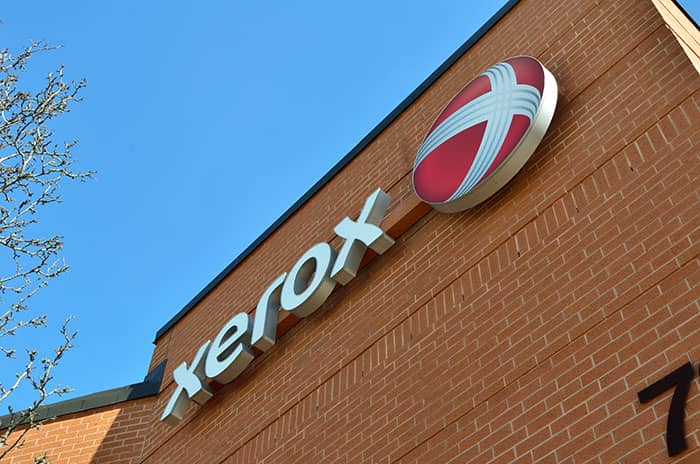
No one listed Xerox? Sticking with copiers and not those computer thingies?
#29

Small scale. Our local pizza place did a slice meal ( big slice, fries, a dip and a drink) for 5 euro. A simple 1 euro increase absolutely k**led them. This was when cash was far more common and the psychology of just handing over a fiver was the ticket.
#30
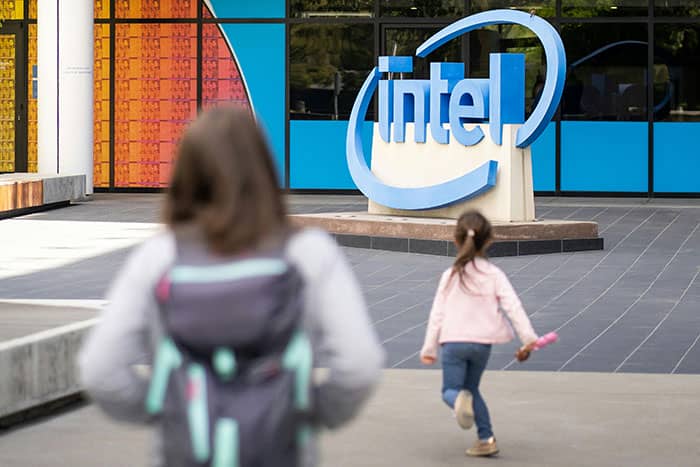
Intel’s decision to forego purchasing ASML’s EUV lithography machines until their competitors purchased all of ASML’s production putting Intel years behind. To their credit Intel took delivery of one of ASML’s machines about six months ago. These machines are so advanced that it will be another 18 months until Intel can manufacturer chips using these machines.
Note: this post originally had 56 images. It’s been shortened to the top 30 images based on user votes.